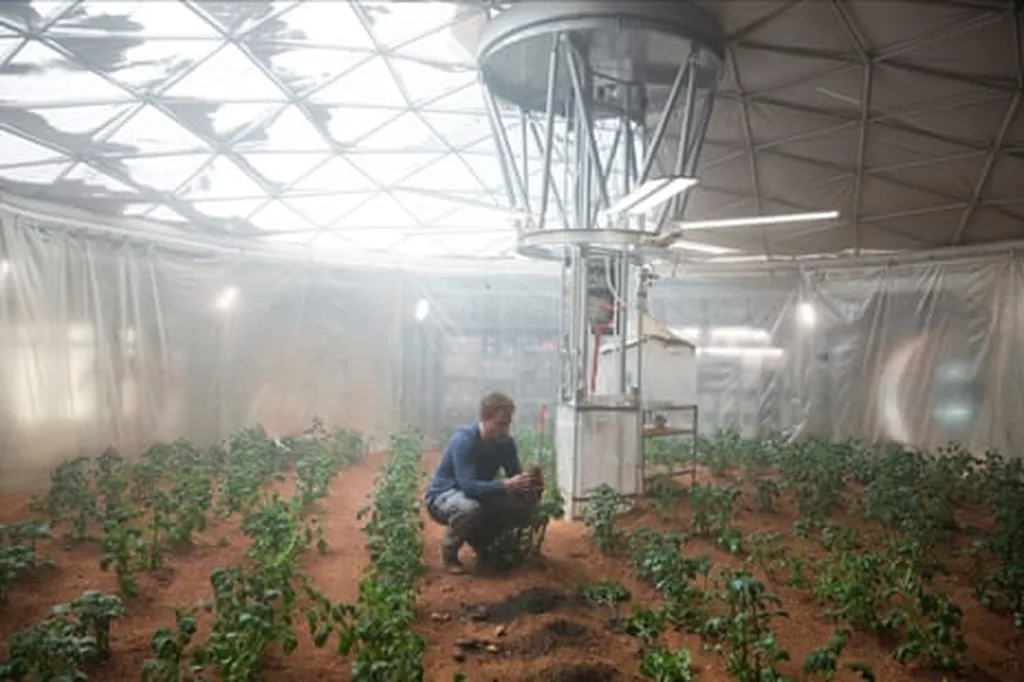In the heart of California, researchers are turning their attention to the ground beneath our feet, seeking innovative ways to boost soil fertility and combat climate change. Arun Dilipkumar Jani, a scientist from the Department of Biology, Agriculture, and Chemistry at California State University, Monterey Bay, has recently published a compelling study in the journal *Frontiers in Agronomy* (translated to English as “Frontiers in Field Science”), shedding light on the optimal use of organic amendments in agriculture.
Jani’s research delves into the intricate world of soil fertility and nitrogen cycling, offering insights that could revolutionize the way we approach climate-smart agriculture. By exploring the use of organic soil amendments and mulching, Jani and his team have uncovered strategies that not only enhance soil health but also contribute to the broader goals of sustainable agriculture and climate change mitigation.
“Our findings suggest that the strategic use of organic amendments can significantly improve soil fertility and nitrogen cycling,” Jani explained. “This, in turn, can lead to increased agricultural productivity and reduced greenhouse gas emissions, making it a win-win for both farmers and the environment.”
The implications of this research extend far beyond the fields. For the energy sector, the potential to reduce emissions through improved agricultural practices is a game-changer. As the world grapples with the urgent need to cut carbon emissions, innovative solutions like those proposed by Jani could play a pivotal role in shaping a more sustainable future.
Moreover, the commercial impact of these findings cannot be overstated. Farmers and agricultural businesses stand to benefit from increased crop yields and improved soil health, while the energy sector can leverage these practices to meet climate goals and reduce their carbon footprint.
Jani’s work is a testament to the power of interdisciplinary research, bridging the gap between agriculture, environmental science, and energy. As we look to the future, the insights gleaned from this study could pave the way for more sustainable and productive agricultural practices, ultimately contributing to a healthier planet and a more secure food supply.
In the words of Jani, “The future of agriculture lies in our ability to innovate and adapt. By embracing climate-smart practices, we can create a more sustainable and resilient agricultural system that benefits us all.”
As the world continues to search for solutions to the pressing challenges of climate change and food security, Jani’s research offers a beacon of hope, demonstrating the transformative power of science and innovation in the pursuit of a better tomorrow.

